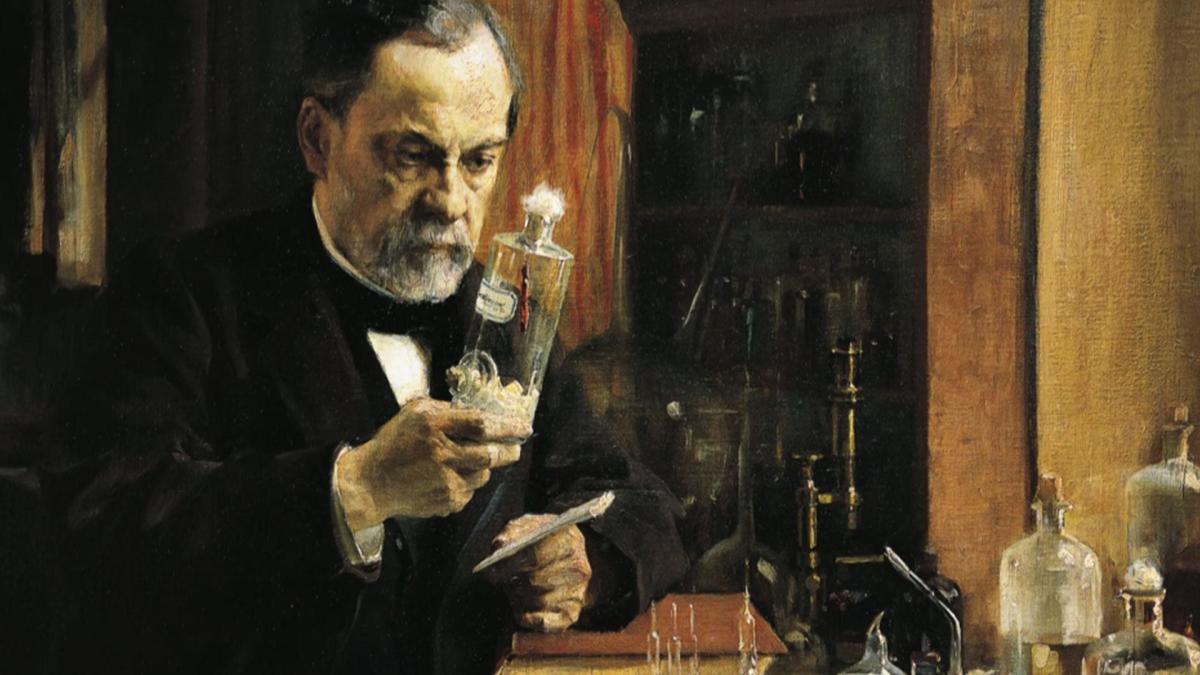On July 6-1885, world-renowned French chemist and bacteriologist Louis Pasteur administered the first anti-rabies vaccine to a nine-year-old boy. On this day in history, Pasteur’s anti-rabies inoculation saved the life of a young Joseph Meister, who would become the first person in the world to avoid death by the viral disease.
Rabies transmits to humans through the saliva of a rabid animal which typically occurs when bitten by the animal. In Meister’s case, a rabid dog had attacked and severely bit him in 1885. After the incident, his panicked mother sought Pasteur out in Paris. Though she did not know who she was looking for, she’d learned of a man who could save her son from succumbing to the virus.
Pasteur, feeling sympathy for Meister and his emotional mother, proceeded to inject the boy at the Hôtel-Dieu hospital with the first dose containing spinal tissue from a dead rabbit infected with rabies. Pasteur enlisted the assistance of a physician and a pediatrician for the first-ever human vaccination against rabies. Meister endured a total of 13 inoculations over 11 days.
Saving the boy’s life through inoculation could have caused legal trouble for Pasteur because he was not a licensed physician at the time. Three months after treatment, Meister had a clean bill of health thanks to Pasteur. No one pursued legal action against Pasteur due to the ground-breaking success of the innovative vaccine.
Pasteur developed the anti-rabies vaccine by cultivating the virus in rabbits but made the virus weaker through a process that involved drying the rabbits’ infected nerve tissue. Meister’s 13 inoculations contained the virus weakened at progressively shorter time frames.
The French Academy of Sciences recognized the success of Pasteur’s vaccine against rabies which led to the treatment of many other rabies cases. Due to the success of the anti-rabies vaccine, Pasteur founded his famous institute two years after introducing the rabies vaccine to the world. Meister would later work as a janitor at the Institute.
The Pasteur Institute has since developed many more vaccines and contributed much research into infectious diseases and controlling such diseases.

